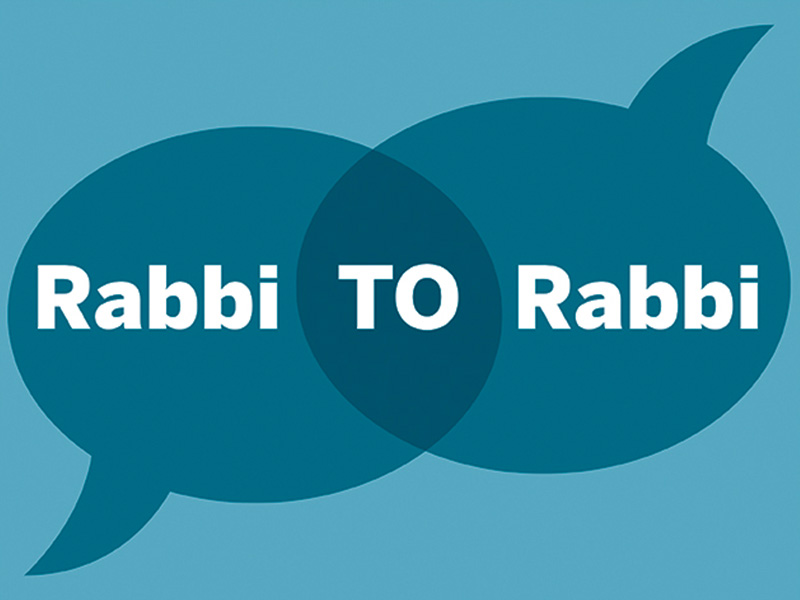What are the limits to synagogues’ acceptance of the new reality, and how can they encourage young Jews to keep a strong connection to their own community?
Rabbi Avi Finegold
Founder, The Jewish Learning Lab, Montreal
Rabbi Philip Scheim
Beth David B’nai Israel Beth Am Congregation, Toronto
Rabbi Finegold: The issue of interfaith families has arisen lately, both in my rabbinic life and in the greater community. I would love to hear how you deal with people who have married or are partnered with non-Jews.
Are there limits to what you are willing to extend to them in terms of ritual or communal life?
How much of your decision is governed by communal norms, and how much of it is theologically driven?
I am torn between, on the one hand, wanting to accept interfaith couples as far as I theologically can and, on the other, still wanting to set a boundary about how limits can and should matter.
Rabbi Scheim: I see this as primarily an issue of communal norms and less as a theological concern.
Even though my community does not include non-Jews in ritual roles and extends synagogue membership only to Jews, we have become more sensitized to the needs of intermarried Jews, or Jews in significant relationships with non-Jews.
There was a time when our institutions stigmatized the intermarried, as if the cold shoulder approach would prevent a single intermarriage. But the truth is that no one benefits when Jews and their partners are made to feel unwelcome in a synagogue. After all, how are we to encourage an intermarried couple to raise their children as Jews if they are shunned in our community?
True, we will not call up a non-Jew to the Torah, but we will make the non-Jewish spouse or partner of a Jew feel welcome and respected in our community.
With few exceptions, Jews who intermarry have not acted in rebellion against the Jewish People. They simply fell in love.
Yes, our demographics are better served by endogamic Jewish relationships, but an unwelcoming posture toward those who intermarry helps no one, least of all the Jewish People.
Rabbi Finegold: I agree about removing the negative associations that many of us grew up with and that we have a need to welcome intermarried couples and families into our religious lives.
For example, the classic custom of sitting shivah for a child who intermarried may have deterred some people from intermarrying at some point in time, but it seems to not have any teeth anymore. Furthermore, intermarried individuals and families have demonstrated that many of them still desire to have a strong connection to their community and their faith.
I am skeptical about the argument that it is a demographic preference for Jews to marry Jews and not something more than that. We need to construct an argument that goes beyond telling our children that they should only fall in love with another Jew because “it would be good for our numbers.”
Rabbi Scheim: Your point is valid. Guilt is not enough to encourage Jews to marry other Jews.
There is a serious demographic concern, but that will not persuade our youth to direct their love within Jewish circles. More than that is necessary.
Our goal should be creating new generations of passionate Jews for whom Jewish identity, Jewish practice and Jewish life are of the highest importance. Should that be the case, it is far more likely that the life decisions they make will take into account the need for a solid, sustainable Jewish tomorrow.
